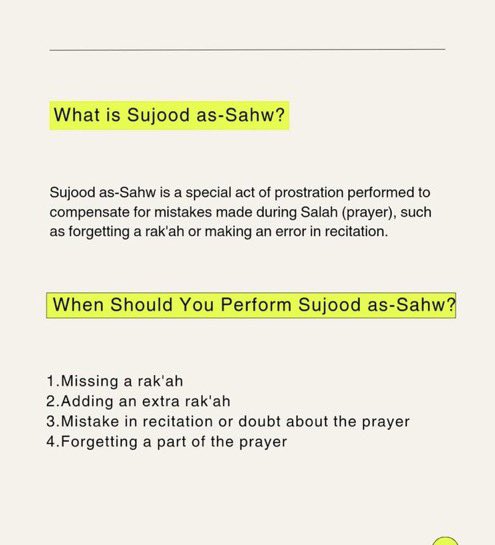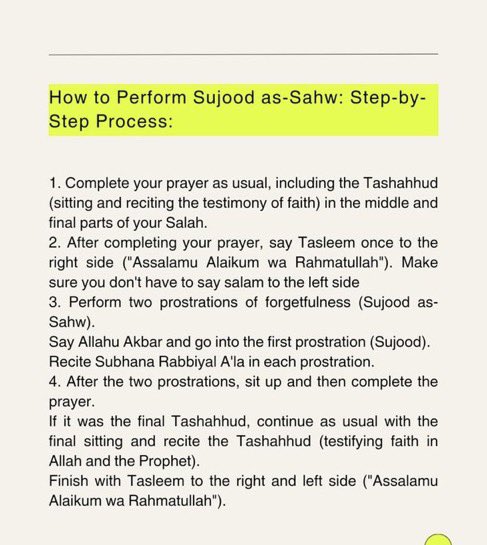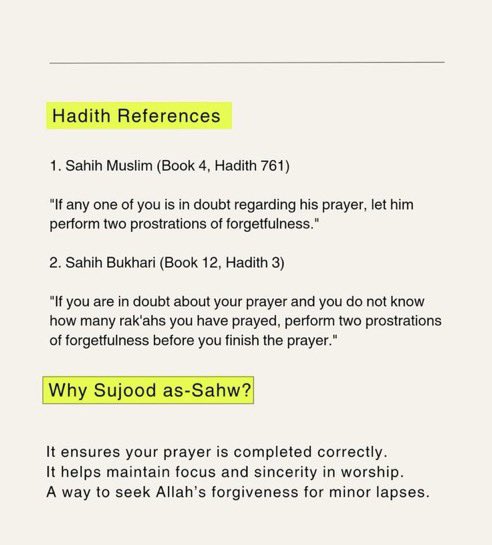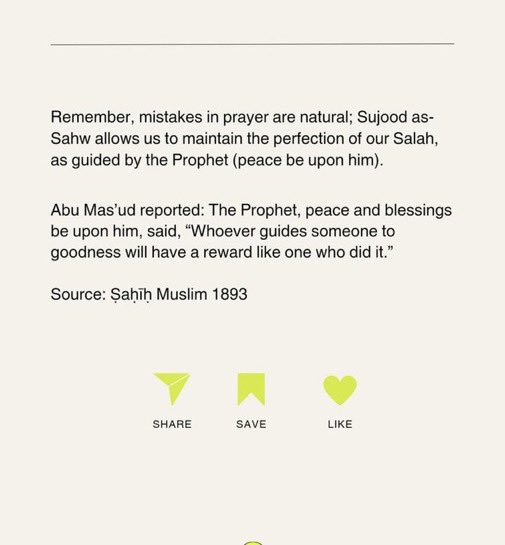How to introduce Islam to your kids
Here’s the Islamic tarbiyah by age group
Ages 0–3: Foundation of Love & Familiarity
•Let them hear Qur’an often (play recitations at home).
•Use words like “Alhamdulillah,” “Bismillah,” and “Allah gave you this” in daily talk.
•Let them “copy” salah beside you — even if it’s just babbling and bowing.
•Make Eid, dua, and dhikr joyful.
Here’s the Islamic tarbiyah by age group
Ages 0–3: Foundation of Love & Familiarity
•Let them hear Qur’an often (play recitations at home).
•Use words like “Alhamdulillah,” “Bismillah,” and “Allah gave you this” in daily talk.
•Let them “copy” salah beside you — even if it’s just babbling and bowing.
•Make Eid, dua, and dhikr joyful.
Ages 4–6: Stories & Habits
•Introduce short surahs (Ikhlas, Falaq, Nas).
•Tell them Prophet stories in bedtime style.
•Begin simple salah training (“Come pray 2 rak’ah with me”).
•Teach basics: who Allah is, who the Prophet ﷺ is, Jannah vs. Jahannam (in a gentle, loving way).
•Introduce short surahs (Ikhlas, Falaq, Nas).
•Tell them Prophet stories in bedtime style.
•Begin simple salah training (“Come pray 2 rak’ah with me”).
•Teach basics: who Allah is, who the Prophet ﷺ is, Jannah vs. Jahannam (in a gentle, loving way).
Ages 7–9: Discipline & Identity
•The Prophet ﷺ said: “Command your children to pray at seven.” (Abu Dawud)
•Establish regular salah with supervision.
•Teach them to make du’a for their needs.
•Talk about halal/haram in food, clothes, and speech.
•Encourage good company and explain Islamic manners (saying salaam, respecting parents, etc.).
•The Prophet ﷺ said: “Command your children to pray at seven.” (Abu Dawud)
•Establish regular salah with supervision.
•Teach them to make du’a for their needs.
•Talk about halal/haram in food, clothes, and speech.
•Encourage good company and explain Islamic manners (saying salaam, respecting parents, etc.).
Ages 10–12 :Accountability & Modesty
•Prepare them for puberty & ghusl (purification).
•Teach them wudu and salah independence (they should pray on their own).
•Start explaining modesty: hijab, lowering gaze, gender etiquette.
•Deepen Qur’an study beyond memorization; start discussing meanings.
•Prepare them for puberty & ghusl (purification).
•Teach them wudu and salah independence (they should pray on their own).
•Start explaining modesty: hijab, lowering gaze, gender etiquette.
•Deepen Qur’an study beyond memorization; start discussing meanings.
Ages 13+ ; Responsibility & Ihsan
•Teach life purpose & accountability before Allah
•Discuss qadr, trials, gratitude, patience
•Guide them on social media, peer pressure & friendships
•Introduce marriage, responsibilities & ihsan (excellence)
•Teach life purpose & accountability before Allah
•Discuss qadr, trials, gratitude, patience
•Guide them on social media, peer pressure & friendships
•Introduce marriage, responsibilities & ihsan (excellence)
The key is timing.
When it comes to raising children upon Islam, giving them the right teaching at the wrong age can backfire.
📌 Too early and they may not understand, leaving them confused or overwhelmed.
📌 Too late and their hearts may already be resistant, shaped more by the world than by deen.
That’s why Islam gave us a gradual roadmap, a step-by-step tarbiyah.
When it comes to raising children upon Islam, giving them the right teaching at the wrong age can backfire.
📌 Too early and they may not understand, leaving them confused or overwhelmed.
📌 Too late and their hearts may already be resistant, shaped more by the world than by deen.
That’s why Islam gave us a gradual roadmap, a step-by-step tarbiyah.
• • •
Missing some Tweet in this thread? You can try to
force a refresh









